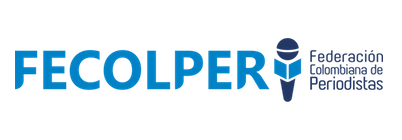Legal Framework
The country’s new constitution, ratified in the 1990s, established the electromagnetic spectrum as a public good controlled by the state, protected freedom of the press and the right to information, and modernized the structure of public and private media. Radio and television were then regulated as services, with provision for public and private sector operation, licenses, and spectrum use payments, among other characteristics.
This constitution guaranteed freedom of expression and freedom of information. "Everyone is guaranteed the freedom to express and disseminate their thoughts and opinions, to inform and receive truthful and impartial information, and to establish mass media. These are free and have social responsibility. The right to correction under conditions of equity is guaranteed. There shall be no censorship”.
The Communications Regulatory Commission (CRC is the Spanish acronym) and the Ministry of Information Technology and Communications (MINTIC) are the entities responsible for radio and television legislation. MINTIC issues and renews radio licenses, monitors broadcasting, and investigates complaints about broadcasters by members of the public. The National Television Authority (ANTV is the Spanish acronym) regulates television. There is no internet regulation.
Have a look at the Legal Assessment for information about the Colombian legal framework related concentration, transparency, and ownership issues.


